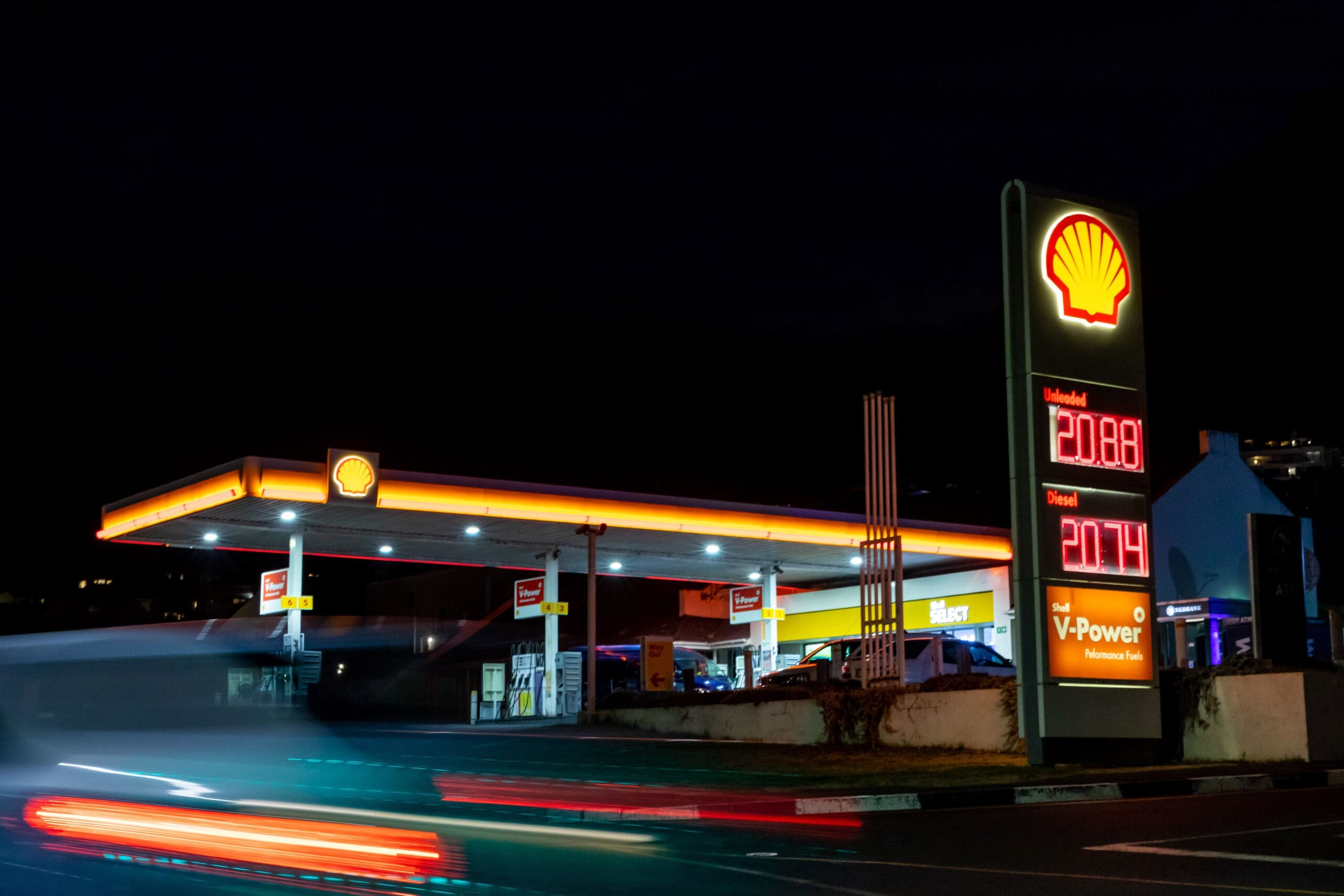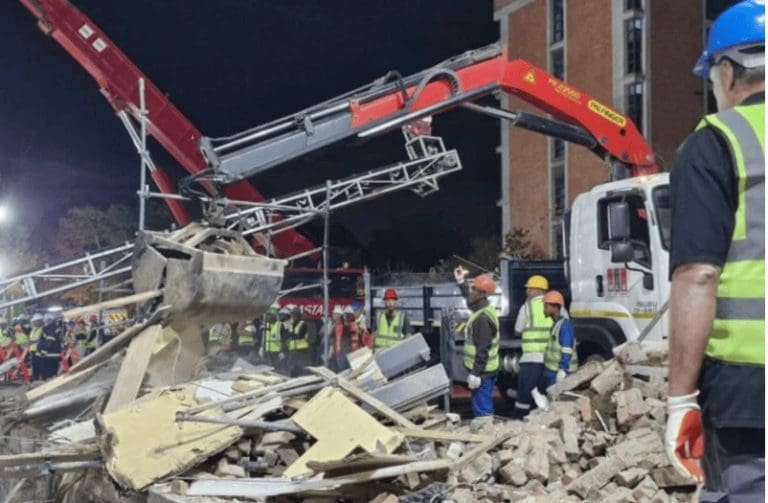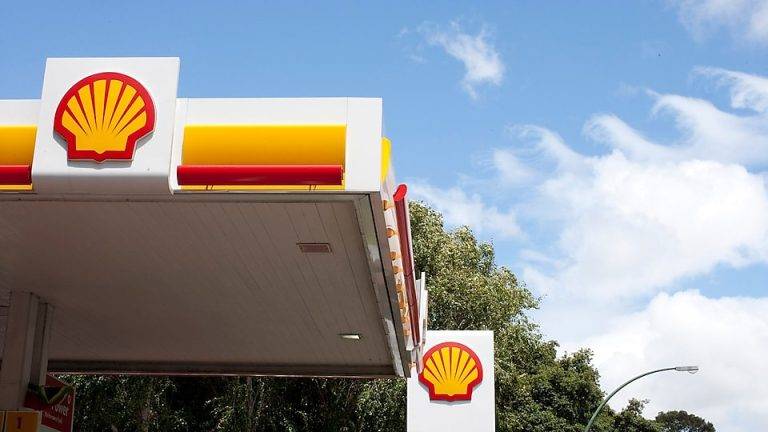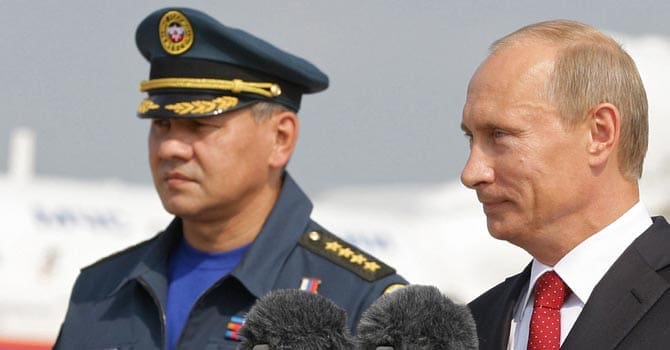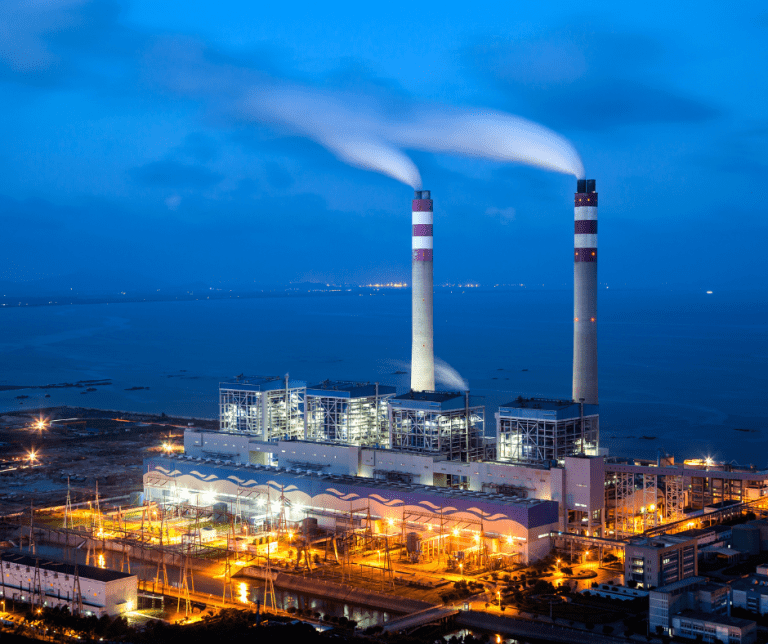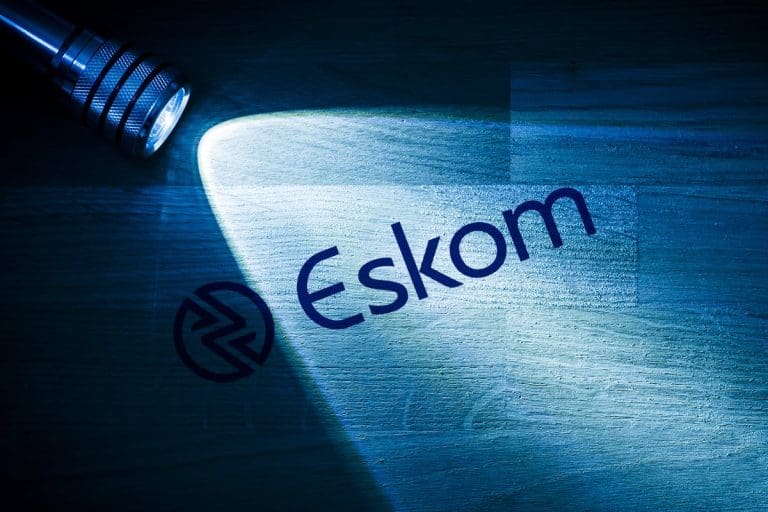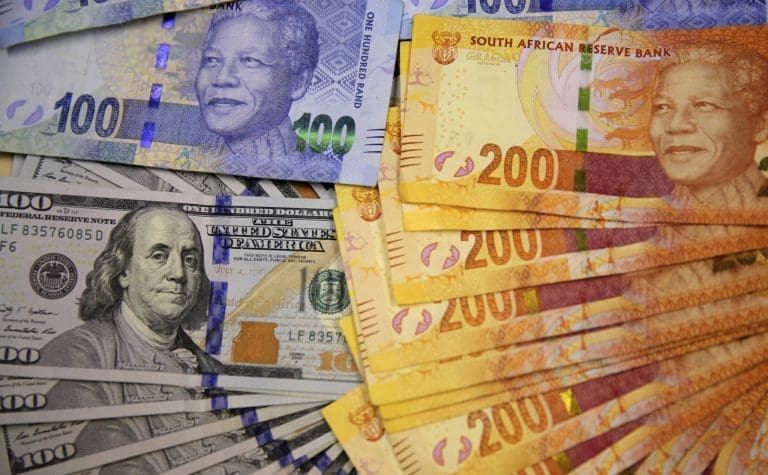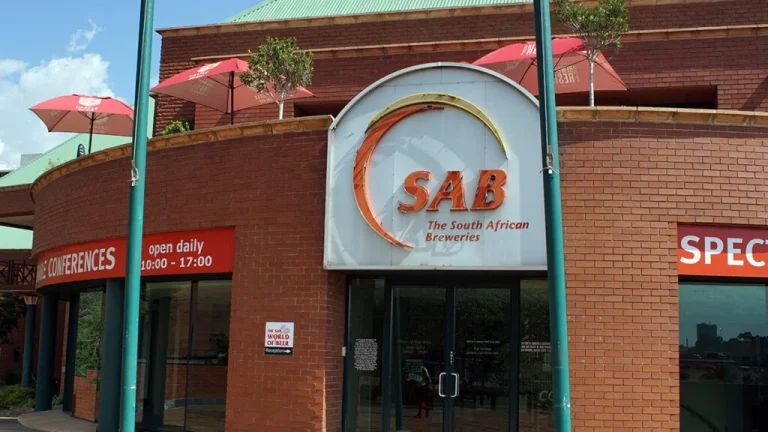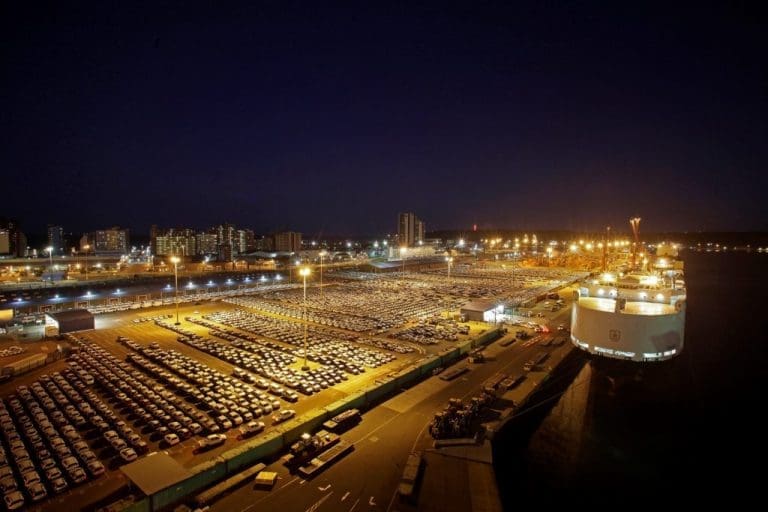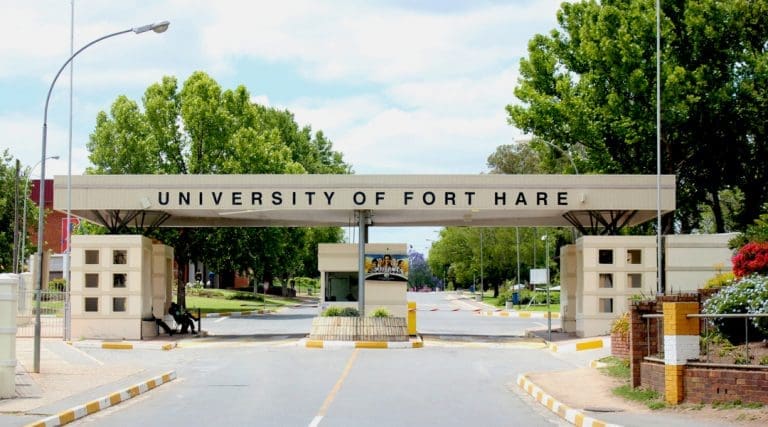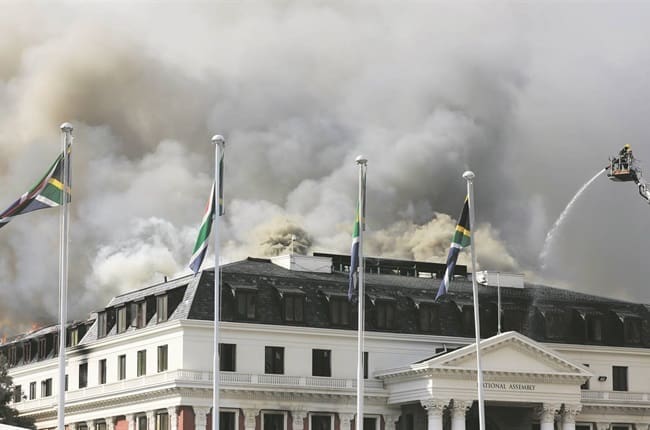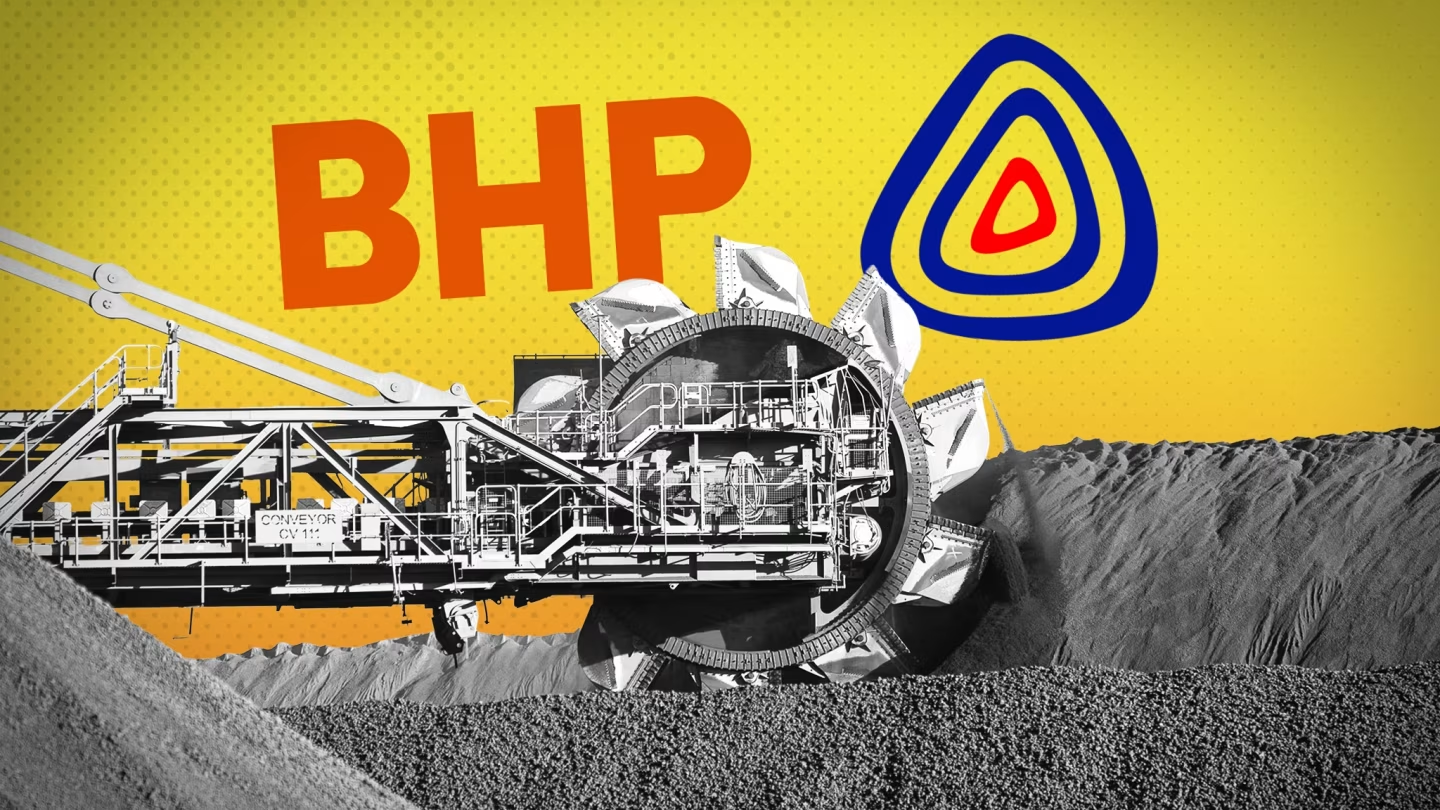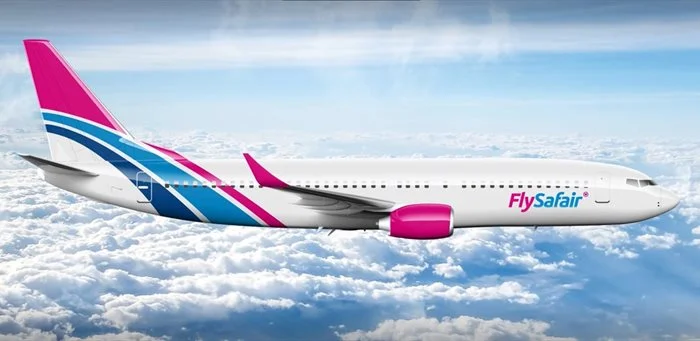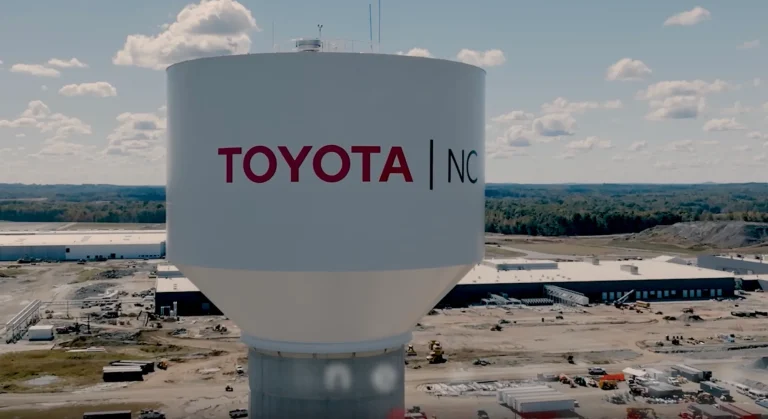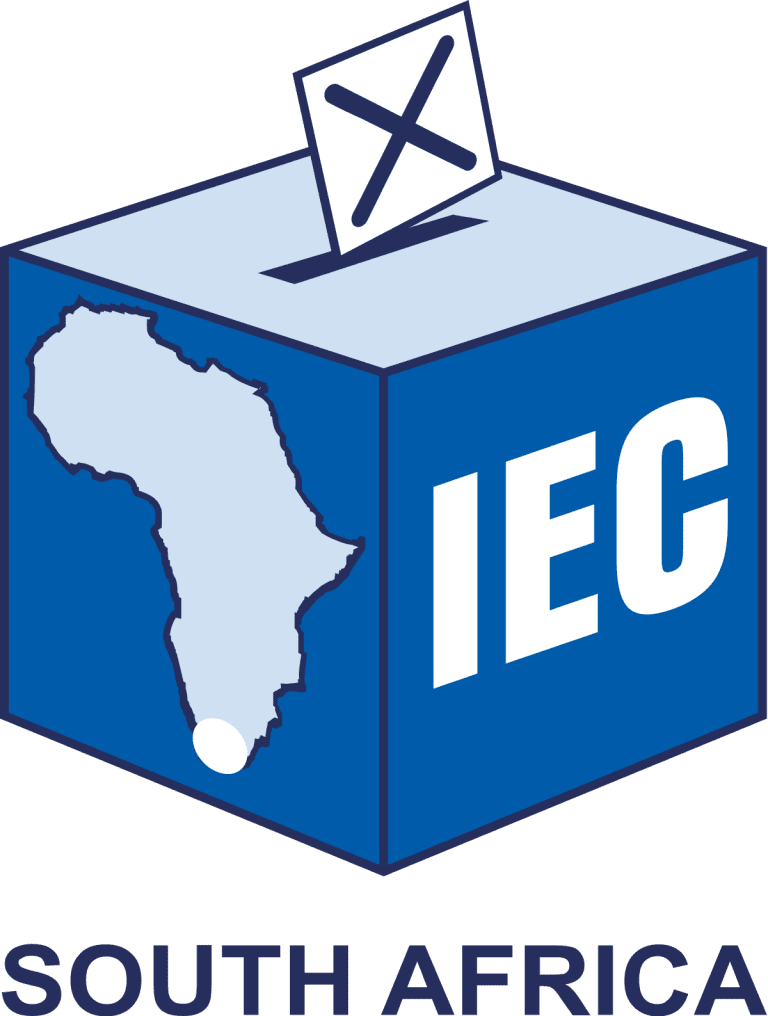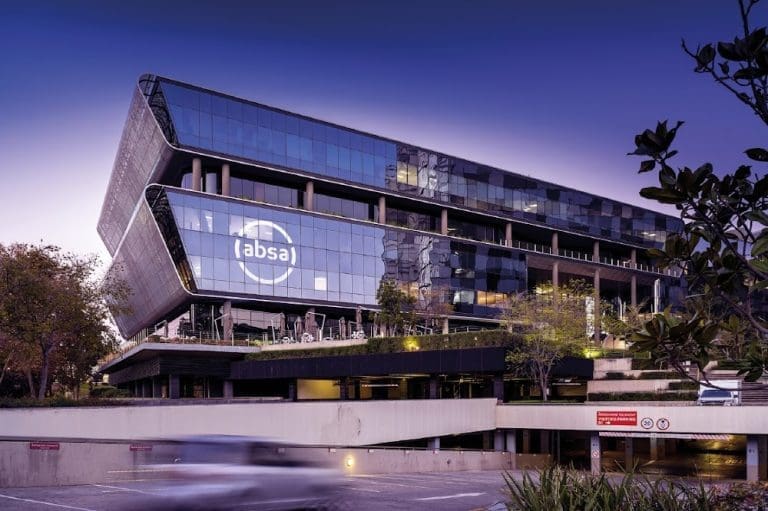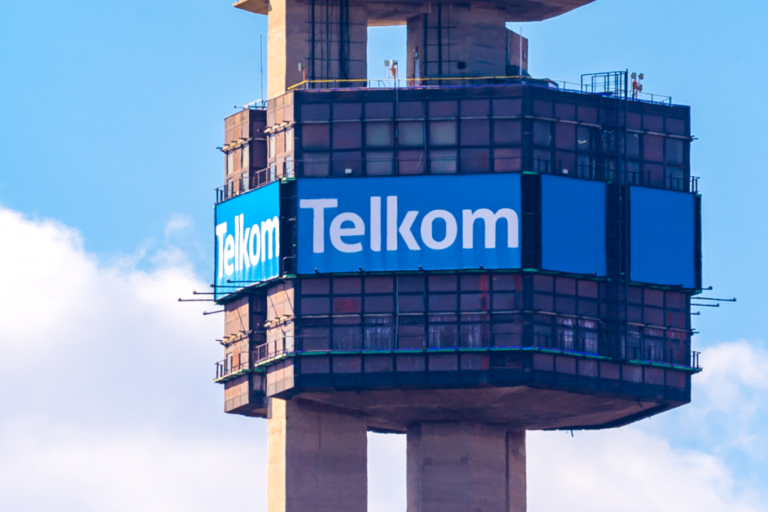Recent reports by leading South African newspapers City Press and the Sunday Times have stirred speculation that global petrochemical giant Shell is considering an exit from South Africa. Citing sources affiliated with Shell’s Black Economic Empowerment (BEE) partner in South Africa, Thebe Investments, the reports suggest that Shell is contemplating divesting its substantial 72% stake in Shell Downstream South Africa. The purported decision has ignited tensions with Thebe Investments regarding the valuation of its remaining 28% stake in the company.
Official responses from Shell and pertinent government departments have been scarce. Both entities have refrained from directly addressing the rumors, stating that discussions with stakeholders are confidential and they do not comment on speculative matters.
Shell’s potential withdrawal from South Africa raises significant concerns given its extensive presence in the country. With over 600 forecourts spread across the nation, Shell has entrenched itself as a prominent player in the South African energy sector for over a century. The brand enjoys a strong reputation among motorists and is regarded as an iconic symbol within the industry.
The purported exit of Shell comes amidst a backdrop of wavering investor confidence in South Africa’s economic landscape. Recent developments, including multinational mining corporation BHP’s bid for Anglo American, have cast doubts on the country’s attractiveness for foreign investment. BHP’s proposed acquisition, which notably excluded assets in South Africa, sparked debates regarding the country’s governance and investment climate.
In response to the ensuing criticism, BHP dispatched a high-level delegation, including its CEO, to engage with South African officials, regulators, and local stakeholders. The company reiterated that its bid structure was motivated by strategic portfolio considerations rather than an indictment of South Africa’s investment prospects.
Similarly, concerns about South Africa’s automotive manufacturing sector have surfaced, exacerbated by challenges such as power outages, escalating labor costs, and logistical issues. Thomas Schaefer, CEO of Volkswagen (VW) Passenger Cars, cautioned that South Africa’s appeal as a manufacturing hub, particularly amidst the global transition to electric vehicles (EVs), was diminishing due to systemic governance shortcomings and regulatory inertia.
Despite these apprehensions, investments in South Africa persist. Volkswagen’s recent announcement of a R4 billion investment in its Kariega manufacturing plant underscores continued confidence in the country’s industrial potential. The infusion of capital aims to modernize facilities in preparation for the introduction of a third model to its production line by 2027.
While South Africa grapples with structural impediments that hinder foreign investment, research by PricewaterhouseCoopers (PwC) suggests that the nation’s investment appeal remains intact. PwC’s analysis highlights South Africa’s robust financial services, communication sectors, well-developed capital markets, and political stability as enduring attractions for foreign investors. Despite challenges in infrastructure and governance, net foreign direct investment (FDI) inflows have remained positive in most years since the global financial crisis.
As stakeholders await further clarity on Shell’s intentions and navigate the evolving investment landscape, the broader implications of multinational exits on South Africa’s economic trajectory remain a subject of intense scrutiny. Amidst prevailing uncertainties, concerted efforts to address systemic challenges and bolster investor confidence are imperative to safeguarding the nation’s economic resilience and attractiveness on the global stage.


